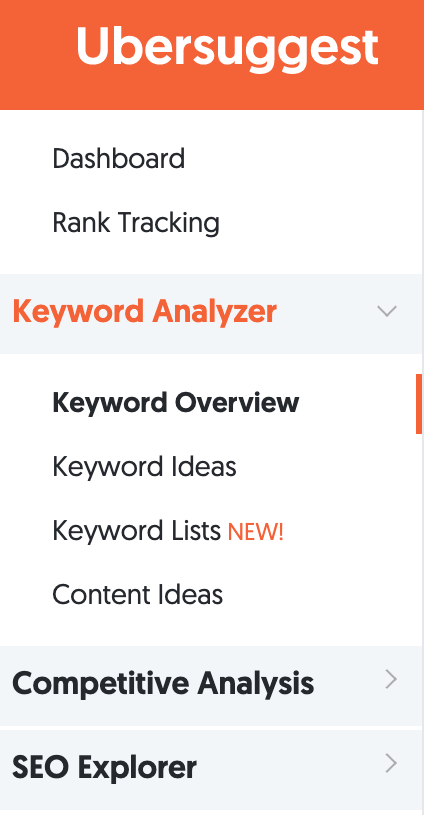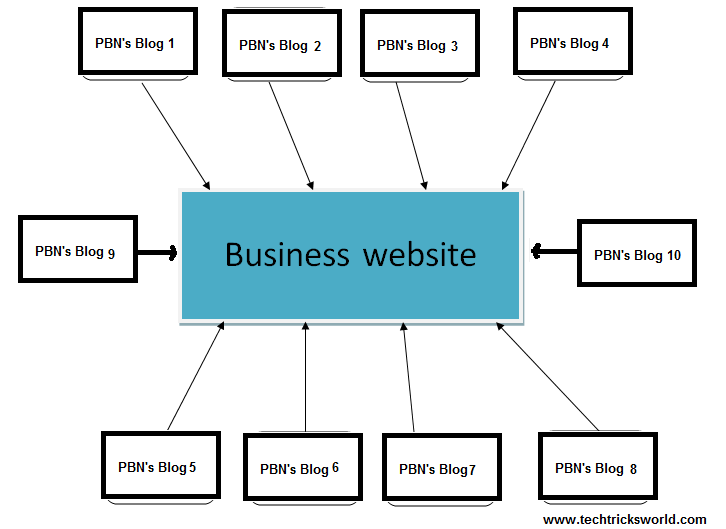All Categories
Featured
Table of Contents
They can likewise extra conveniently outperform rivals for vital keyword phrases in their specific niche. Semantic SEO is the process of building more meaning and topical depth into internet content.
Crawlers just looked for certain keyword phrases on a web page to comprehend definition and relevance. We all know that there is a lot extra that goes into comprehending human language than simply the words we use. Context, face expressions, tone, and the paragraphs prior to and after our words, all impact their definition.
: and hence give customers with even more relevant search outcomes. With these innovations, Google can look at a piece of material and comprehend not just the topic it covers, but the associated subtopics, terms, and entities and just how all of those different principles relate.

The truth is, searchers aren't always simply seeking one particular answer when utilizing Google; they are typically trying to recognize an offered topic with more depth. For instance, claim a user enters the keyword expression "what are back links"? Most most likely, they will have extra concerns that occur after finding their response, such as: Exactly how do I get backlinks? Where can I obtain back links? Just how lots of back links do I require? Can I get back links? What's the difference in between white hat and black hat links? And others! In terms of the search experience, it's far better for the individual to find a solitary item of content that responds to all of those relevant questions instead of separate pieces of content for every specific concern.
Who Has The Most Reliable What Is Semantic Seo?
Semantic Search engine optimization approaches require even more time and initiative on the component of content teams, the advantages are significant. Boosted material high quality signals in the eyes of Google crawlers.
Combined with each other, they are all fixated improving topical depth and far better sharing the definition of web content. Since Google isn't dependent on just one keyword phrase per page, your content group should be optimizing your websites for numerous search phrases in the very same semantic cluster. Keyword phrase collections are teams of similar search phrases that share semantic significance.
One of the most straightforward semantic search engine optimization approach is to raise the size of your internet content by offering a more extensive expedition of your subject. Although material size is not a main ranking variable, longer web content is a lot more likely to display stronger semantic signals. Additionally, numerous research studies have actually revealed the strong connection between longer content and higher-ranking settings.
What Is The Leading Semantic Search And Seo Manufacturer

Rather, the most effective method to boost the length of your web content is to be a lot more certain, nuanced, and comprehensive with the details you're supplying individuals regarding the primary subject. With Google's enhanced formulas and NLP models, there is no demand for customers to stuff their material filled with their keyword target in order to rank.
They're not a ranking aspect, yet adding these terms to the material via web page titles, meta summaries, h1-h6s, and picture alt text can boost topical deepness and semantic signals, while additionally making the material a lot more legible and nuanced for searchers. Another method to improve the semantic deepness of your material is to answer the typical questions that individuals are asking in connection with your key key words.
They essentially provide the "cheat codes," to improve topical deepness. Screenshot from SearchAtlas, February 2022 A search engine optimization material author could definitely investigate the material ranking on the first web page to identify the vital terms. Material optimization software does the same job in a matter of seconds. By adding those terms, topics, or questions onto the page, you improve topical depth and thus exercise semantic search engine optimization.
Subject collections are groups of content items that are focused around a central topic. For instance, the keyword cluster imagined in method # 1 is a part of a bigger topic collection concentrated on link structure. The different articles (each targeting their very own key words cluster) all web link back to a key "pillar web page," that is focused on the bigger subject of link structure.
What Is The Most Reliable Semantic Seo Content Strategies?
By doing so, Google will certainly not only link your website with a couple of key words yet several bigger subjects and the hundreds of keyword phrases and search questions that are relevant to them. Included Picture: pogonici/Shutterstock.
In the old days, when search engines weren't as progressed as they are today, finding accurate response to questions in a solitary click was a rarity. For example, a look for "MySpace vs Facebook", would possibly lead individuals directly to these websites instead of providing a clear contrast in between both.
Who Has The Most Recommended Semantic Markup In Seo?
The end result is a featured snippet that describes exactly how both social media networks differ from each various other. Google's end objective is to supply one of the most pertinent outcomes to searchers. Google AI Overviews Research by SE RankingDownload our study and learn what search phrases set off AIOs and a lot more! You're ready! Click the web link we sent you in the e-mail to confirm your emailand get AI Overviews Research study by SE Ranking is the procedure of maximizing your web content for a topic as opposed to for a solitary keyword phrase or expression.
This strategy assists internet search engine supply even more purposeful results and enhances the overall individual experience in search. Semantic search engine optimization, at its core, has to do with developing extensive web content with all the needed info for a details topic. To create engaging content and maximize a website for presence in search engine result, it is essential to comprehend Google's existing strategies to ranking web sites and showing info on SERPs.
Latest Posts
Top Semantic Markup In Seo Shop Near Me
What Is The Most Suitable Semantic Seo Insights To Get Right Now
Which Is The Most Trusted Implementing Semantic Seo Provider